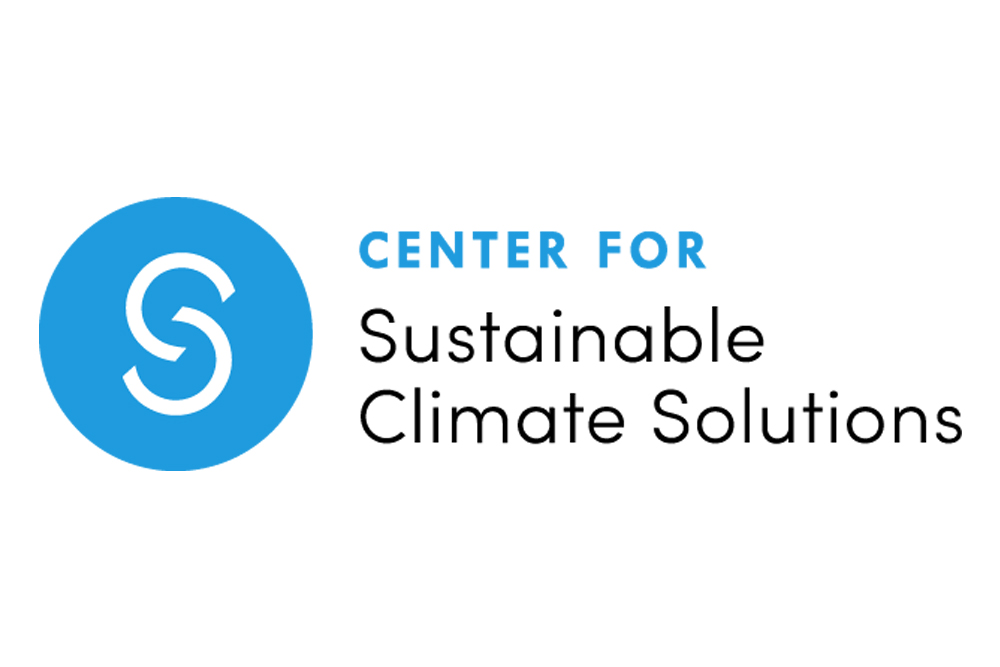The Center for Sustainable Climate Solutions held its first spring consultation at Goshen College in Goshen, Indiana, in March. The consultation brought together over 25 participants, including the center’s leadership team and oversight board as well as administrators and faculty members from Mennonite Central Committee (MCC), Goshen College, Eastern Mennonite University (EMU) and other MCUSA institutions and organizations.
The Center for Sustainable Climate Solutions (CSCS) is a collaborative undertaking designed to mitigate climate change through the advancement of thinking and action in the Anabaptist faith community. The center was established through a generous gift from Goshen alumnus Ray Martin, a former international development and world health worker whose dream for an Anabaptist-centered and community-focused climate change solution generator has pushed the vision of the center forward.
The spring consultation was primarily a planning session to develop specific objectives and programs that grow from its mission. The three founding institutions were joined by representatives from various other Anabaptist stakeholder groups, including Anabaptist Mennonite Biblical Seminary, Mennonite Mission Network, Everence and the Mennonite Creation Care Network.
“The opportunity to gather with colleagues across multiple institutions that work on issues of creation care, sustainability, and climate change was particularly energizing,” noted EMU Provost Fred Kniss, chair of the center’s oversight board. “Each of our organizations has the opportunity to make unique and important contributions to work within the Mennonite church and beyond. By collaborating, we hope to magnify our impact.”
The consultation was also the first time for many members of the CSCS Oversight Board to see the preliminary results of the large-scale survey administered earlier this year. The survey was designed to measure the attitudes of Mennonites towards creation care, specifically as it relates to the issue of climate change.
One section of this survey was a replication of the Global Warming’s Six Americas study done in 2009 by the Yale Project on Climate Change Communications (YPCCC) and George Mason’s Center for Climate Change Communication (4C), a collaborative program between Yale University and George Mason University focused on investigating responses to climate change in the United States and around the world. The Six Americas study is an effort by YPCCC and 4C to “know thy audience” by breaking the U.S. population down into six distinct categories, each with its own unique set of responses and reactions. The six subdivisions range from “Alarmed” (most concerned about global warming) to “Dismissive” (least concerned about global warming) and include various categories of “Concerned,” “Cautious,” “Disengaged,” and “Doubtful” in between.
This framework provides a helpful way of understanding where Mennonites stand on these issues relative to other religious groups and the American public in general. According to an initial analysis of the survey responses, those who participated in the survey appear to be above the national average when it comes to concern about climate change. Around 60 percent of respondents are categorized as “Alarmed,” or “Concerned.” Even if not fully representative of the diversity of perspectives within the church, this estimate still points to a substantial number of Mennonites who view climate change as an important issue.
In the future, CSCS hopes to use the spring consultation as a way to bring constituents interested in partnering with the Center together in dialogue. “Throughout the conversations this weekend, we kept returning to a shared sense that Mennonites have an important voice to contribute to broader conversations about sustainability and climate-related issues,” reflected Jonathan Lantz-Trissel, a member of the Center’s current leadership team. “Grappling with these difficult questions and issues can feel daunting, but I am optimistic about the impact we can have via collaboration through this emerging center.”
For more information and to subscribe to updates, visit www.sustainableclimatesolutions.org.
